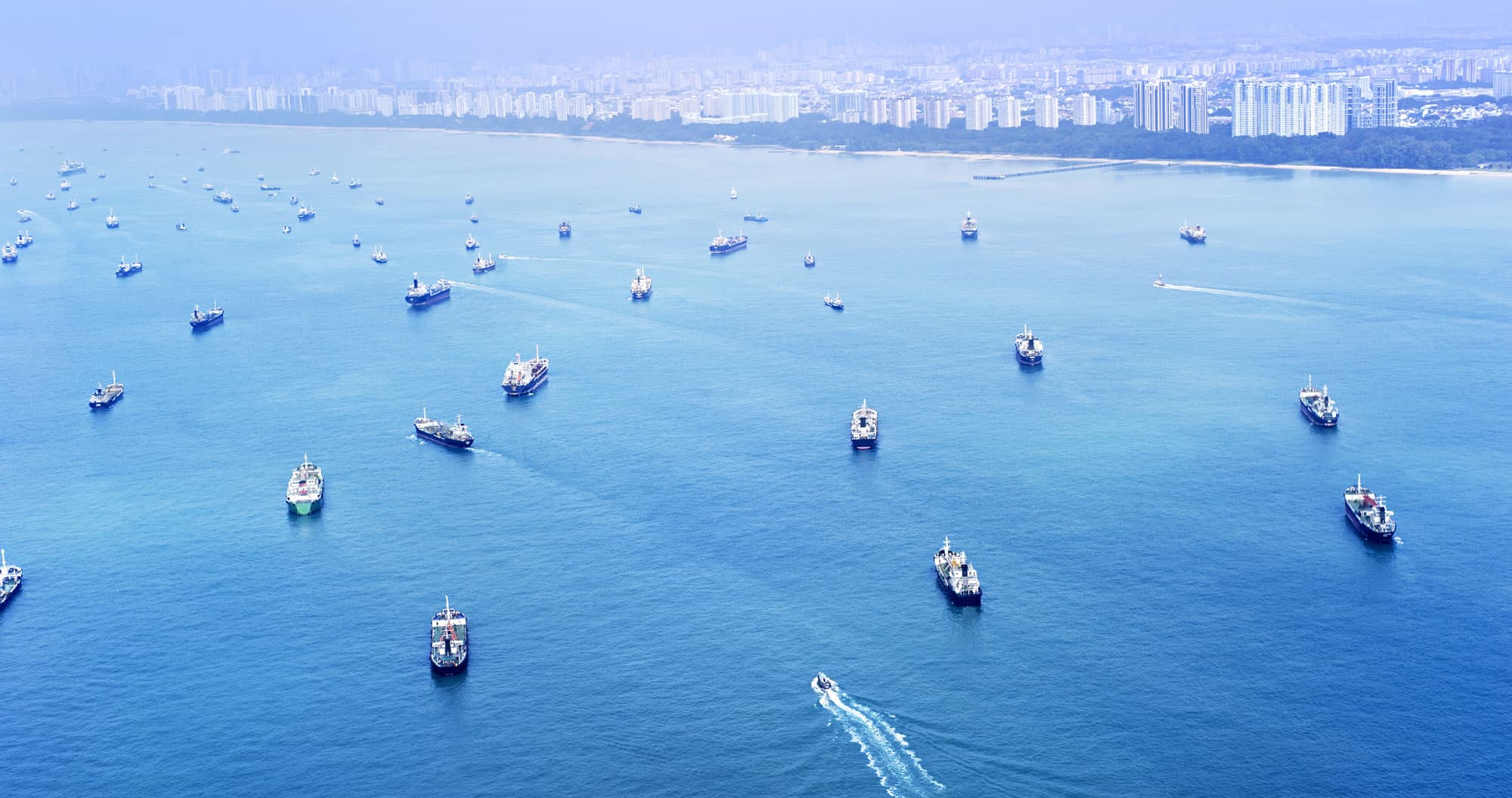One of the most common questions we get from our customers is, do we really need shipping insurance. Transco Cargo as reliable and reputed freight forwarders having operated for 30 years always recommends opting for shipping insurance with our insurance partners to ensure your goods are covered in transit, as there are many natural disaster and unknown variables that can have an effect on your goods especially during sea freight.
What cargo or shipping insurance does is, it covers the buyers or the sellers of the goods against damages or loss of the cargo during transit and transport. However, many people often overlook the need for shipping insurance as not a necessity payment and opt to go forward without with cover. It is important to look at shipping insurance as an intangible benefit which will factored if certain extremes come to be such as with cargo damages or losses.
There are many ways in which shipping insurance will cover your goods, these can be local, provincial, national, global, and regional. If we were to define these further, the following makes it simpler.
- Local – Streetwise, City-wise, Town-wise, etc
- Provincial – Within a province or state
- National – In between or to and from provinces and states
- Global –International trading between different countries in the world
- Regional – Trading between regional trading bodies and areas, the EU, APEC, SAARC, etc
On the basis of how and where you’re choosing to ship your cargo, shipping insurance should be factored as the risk and possibility of cargo damage, theft or loss, or even abandoned can occur due to a variety of reasons. Let’s look at the reality of cargo damages and the need for shipping insurance. There are leading statistics that the reasons for claims are due to cargo damage especially in terms of container shipping.

Transco Cargo Australia – Shipping Insurance – Do You Need It
According to Allianz as per the AGCS 2020 Safety and Shipping 2020 Review, the following was stated.
“Damaged goods and containers is already one of the most frequent causes of insurance claims in the shipping industry, accounting for more than one in five claims, according to AGCS analysis and the pandemic has heightened the risk environment around high-value and temperature-sensitive goods in particular as supply chains have come under pressure, cargo-handling companies have shut down abruptly and ports operated under restrictions”.
Furthermore, in high risk zones, common risks include busy seas, typhoons, piracy, safety standards, and political risks. Also, with containers becoming bigger, there are added risks too such as fire-fighting capabilities, cargo declaration, salvage challenges, and ports of refuge in emergency. Common types of cargo shipping insurance claims include wet cargo, shortage, sinking, contamination, infestation, cargo theft, containers lost overboard, reefer related claims, physical damages to name a few.

